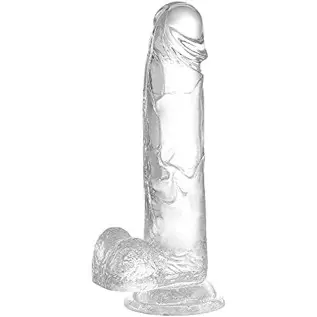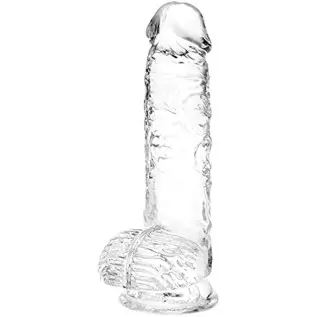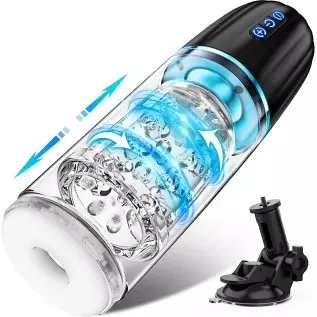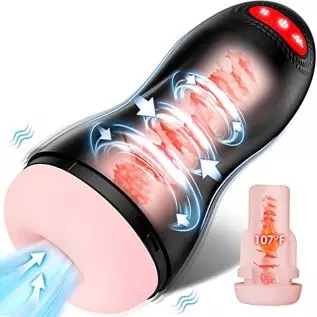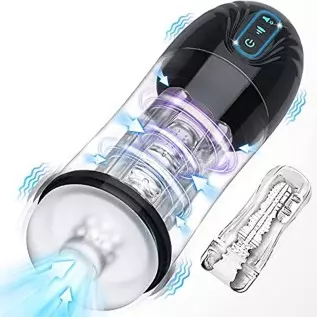Don’t take drugs randomly for prostate hyperplasia
Seeing the three groups of words "frequent urination, urgency, and endless urination", almost all men know that this is a problem with the prostate. But how many men with the above symptoms can go to the hospital? Whether it is because of financial problems or because they are too shy to talk to a doctor, once they have prostatic hyperplasia, patients may in most cases treat it on their own. However, self-medication is likely to have more serious consequences.
What drugs are available to treat prostatic hyperplasia?
In recent years, there are no fewer than dozens of drugs for treating prostatic hyperplasia, and new drugs are constantly being released. Generally speaking, there are four types of drugs for treating prostatic hyperplasia:
1. Drugs that reduce the size of the prostate. Because prostatic hyperplasia is related to a hormone called dihydrotestosterone in the blood, both Hydrotestosterone is converted from testosterone secreted by the testicles through the action of 5α-reductase. Therefore, inhibiting the action of 5α-reductase can reduce the production of testosterone, causing its concentration in the blood to decrease, resulting in shrinkage of the prostate and obstruction. Symptoms were relieved. Its representative drug is Proscar (prescription drug). Since prostatic hyperplasia is a slowly developing disease, its shrinkage also takes time. Treatment must last for at least 6 months to be effective, but growth will occur again after stopping the treatment.
2. Smooth muscle relaxants. Although prostatic hyperplasia is not obvious in some people, the symptoms are very serious. The reason is often due to excessive tension of smooth muscle fibers in the prostate capsule and gland. If the tension of these muscle fibers is relieved and the smooth muscles of the bladder neck, prostate and urethra are relaxed, symptoms can be relieved. This type of drugs is represented by the α-adrenoceptor blockers phenoxybenzamine and masanid (terazosin hydrochloride). However, these drugs have a relaxing effect on the smooth muscles in blood vessels throughout the body, so postural hypotension may occur after taking them. In addition, there are side effects such as nasal congestion, dizziness, palpitations, headache, fatigue, blurred vision, and inability to ejaculate. Nowadays, the newly released products such as Gotrin, Harle, and Santana, some of which have a more specific scope of action, and some are slow-release agents, have longer-lasting effects, smaller side effects, and can reduce the number of daily doses, which have obvious advantages. .
3. Botanical drugs: These drugs are active ingredients extracted from African herbs, saw palmetto, pollen and other plants. They can inhibit the effect of testosterone in glands or directly act on proliferating cells. Reduce glandular edema. Tongnuiling, Baoqianlie, Huqianlie, Qianliekang, etc. that are currently commonly used in clinical practice all belong to this type of drugs. In addition, Sheniton (Qianlietai) is made from pure pollen shells to extract the active ingredients. The medicinal effect is exerted quickly and the effect is more obvious.
IV. Other categories In addition to the above-mentioned drugs, drugs for the treatment of prostatic hyperplasia include steroid drugs and sex hormone drugs, such as mepramycin, inaton, medroxyprogesterone, etc.
What drugs cannot be used if you have prostatic hyperplasia?
Tricycline antidepressants such as atropine, probenzoline, anisodamine, anisodine, and doxepin should be avoided because the above drugs affect the bladder detrusor and bladder sphincter muscles. The function of the urethra causes these muscles to relax, thereby causing and aggravating difficulty in urinating and aggravating the condition.
Secondly, morphine, epinephrine, ephedrine, anti-allergic drugs, such as chlorpheniramine, diphenhydramine, promethazine, etc. also have side effects of affecting urination, so they should also be taken Contraindicated or used with caution.
Online special article for family doctors, please indicate the source if you need to reprint.
Original content of Family Doctor Online (www.familydoctor.com.cn) cannot be reproduced without authorization. Violators will be prosecuted. For content cooperation, please contact: 020-37617238





